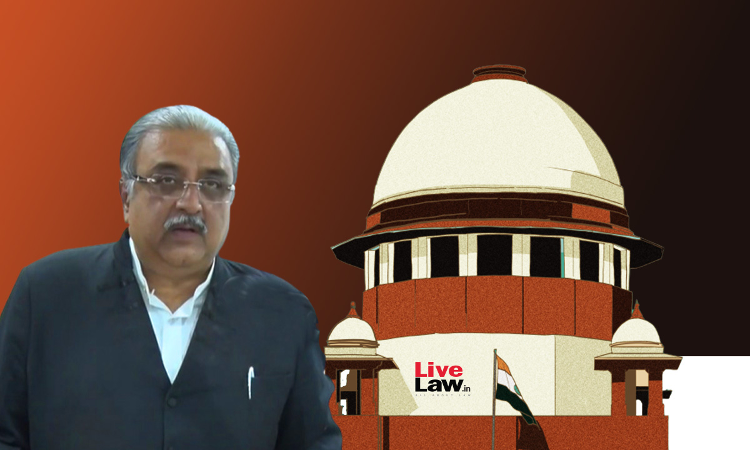Refusal To Dissolve Marriage Despite Its Breakdown Amounts To Mental Cruelty: Sr.Ad V Giri Tells Supreme Court
Awstika Das
30 Sept 2022 10:35 AM IST

Next Story
30 Sept 2022 10:35 AM IST
Senior Advocate V. Giri on Thursday told a Constitution Bench of the Supreme Court that 'irretrievable breakdown of marriage' could be read into the broad ground of cruelty under the Hindu Marriage Act, 1956, which had been judicially interpreted to include mental cruelty. However, Giri argued, the family court and the High Court could only grant a divorce for reasons...
